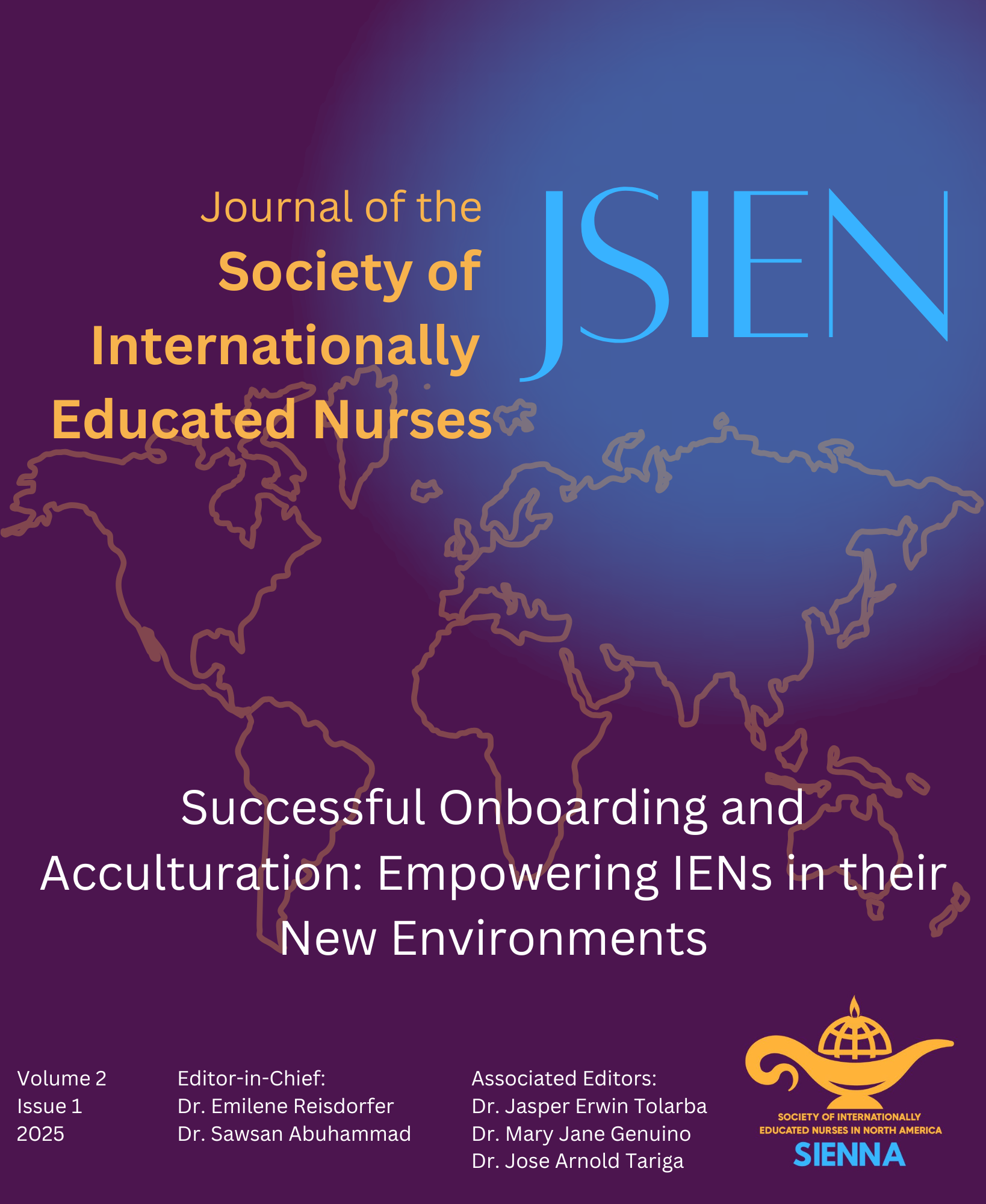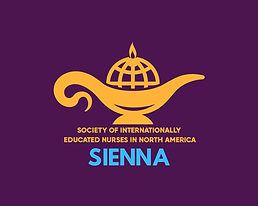Bridging Cultures in Care: A Narrative Review of Strategies for Internationally Educated Nurses to Navigate End-of-Life Practices in Host Countries
DOI:
https://doi.org/10.31542/w6dyhj37Abstract
Internationally Educated Nurses are an important part of the global nursing workforce, particularly in countries experiencing nursing shortages. Internationally Educated Nurses contribute substantially to delivering end-of-life care, bringing diverse cultural perspectives and experiences that can enhance patient outcomes. Cultural sensitivity is crucial in end-of-life settings to ensure that patients' values, beliefs, and preferences are respected, ultimately improving the quality of care. This narrative review aims to explore how Internationally Educated Nurses can effectively navigate end-of-life care to align with the standard expectations and practices of their host countries. A comprehensive search was conducted using PubMed, CINAHL, and PsycINFO. Articles (n=100) were uploaded to Zotero. After two rounds of review, five (n=5) articles were included in the final dataset. The narrative review revealed four major themes: 1) Cultural Competence and Integration; 2) Communication Barriers and Strategies; 3) Education and Training; and 4) Ethical Considerations in End-of-Life Care. This review illustrates that Internationally Educated Nurses face various challenges adapting to the cultural, linguistic, and ethical demands of end-of-life care in their host countries. However, cultural competence and communication proficiency can be achieved with education, training, and support to deliver high-quality, culturally sensitive care.
References
Published
Issue
Section
License
Copyright (c) 2025 Journal of the Society of Internationally Educated Nurses

This work is licensed under a Creative Commons Attribution-NonCommercial 4.0 International License.


